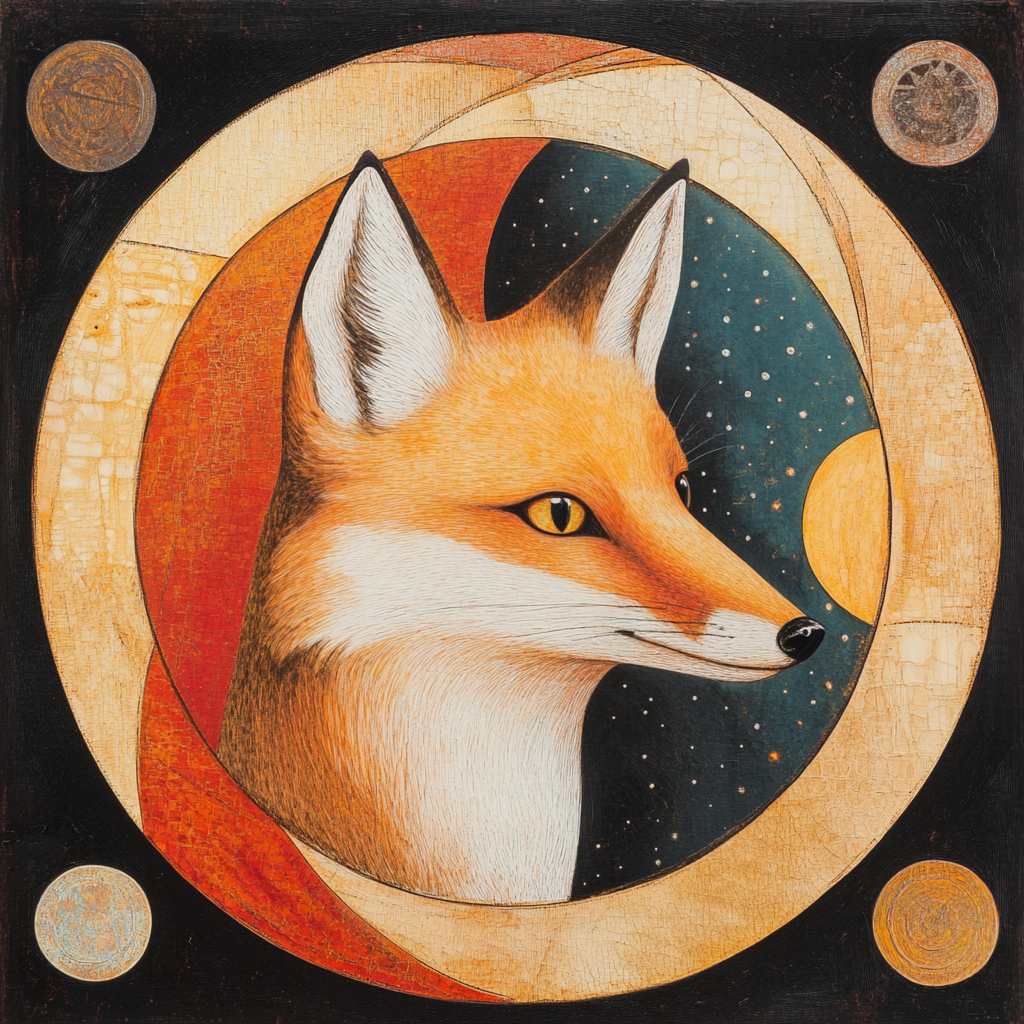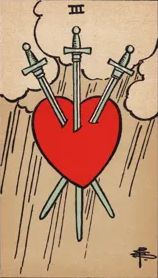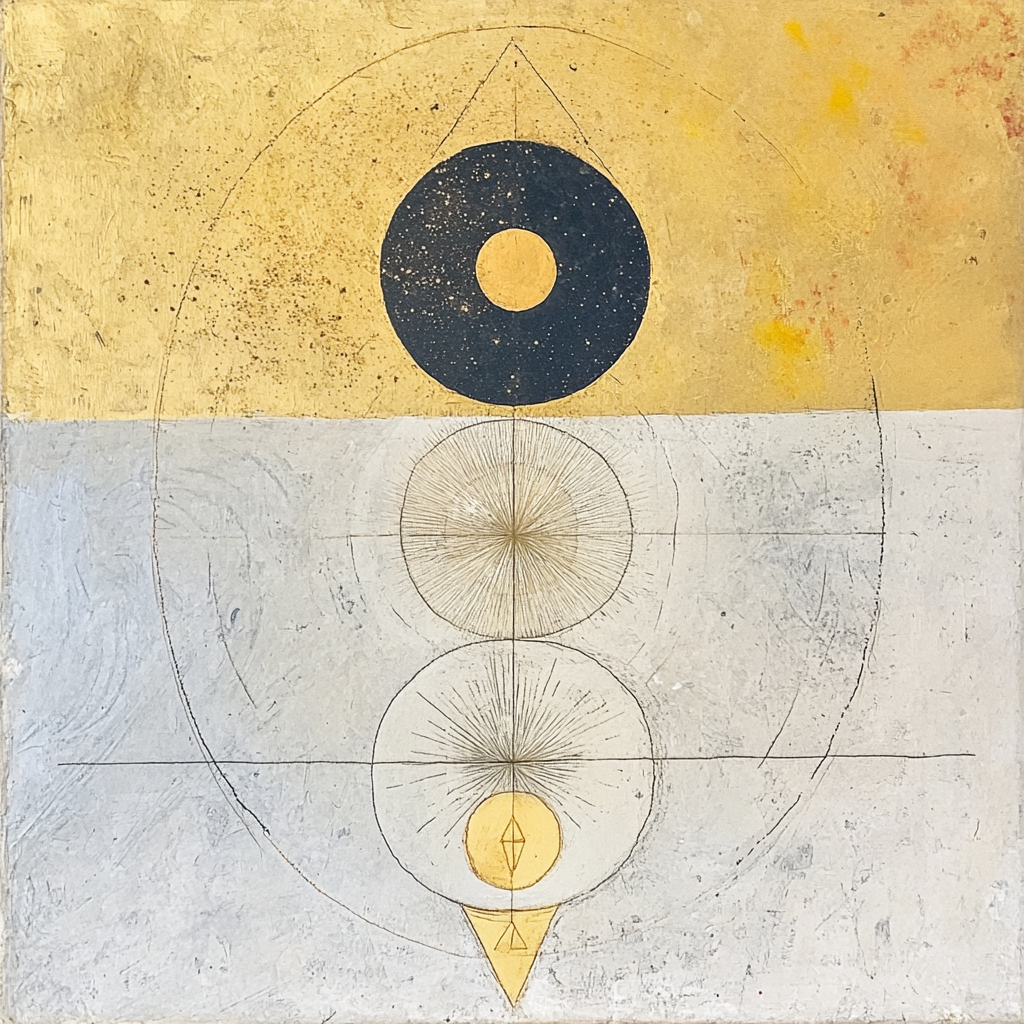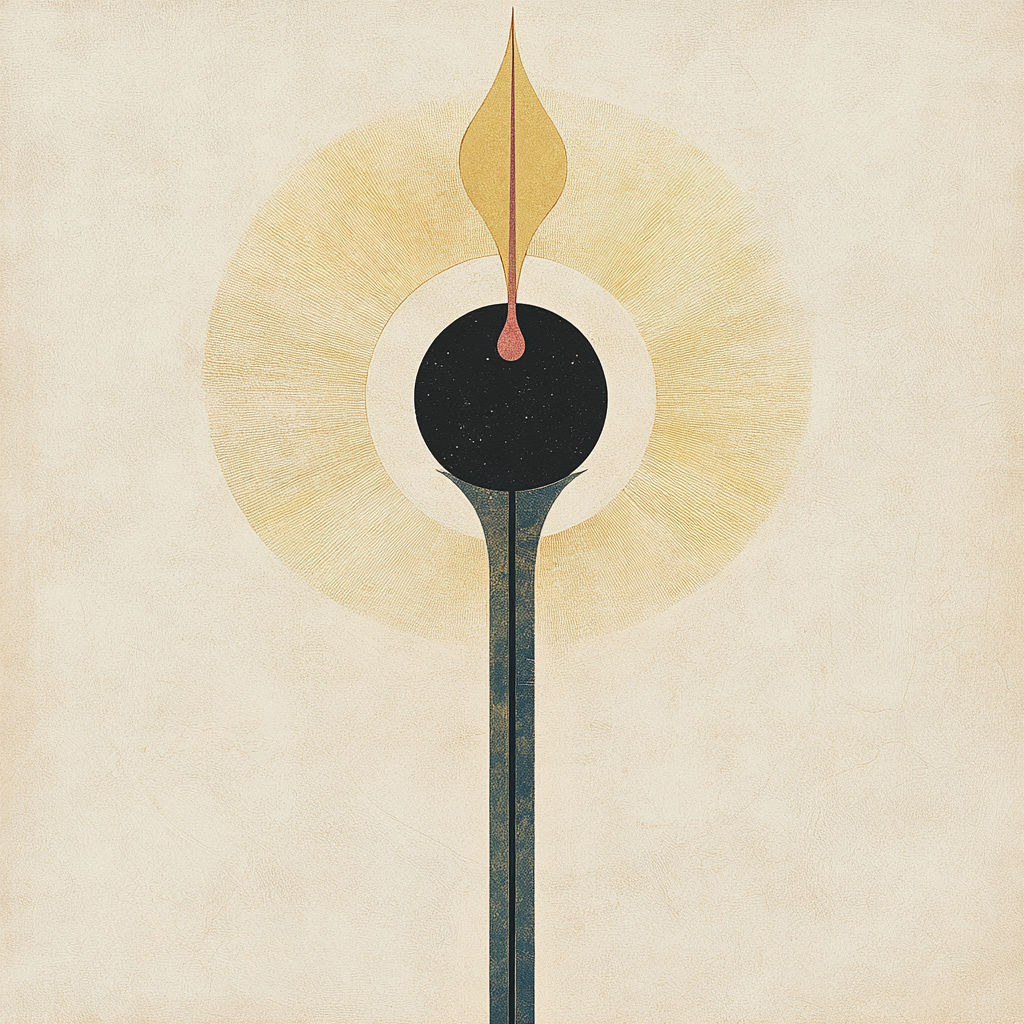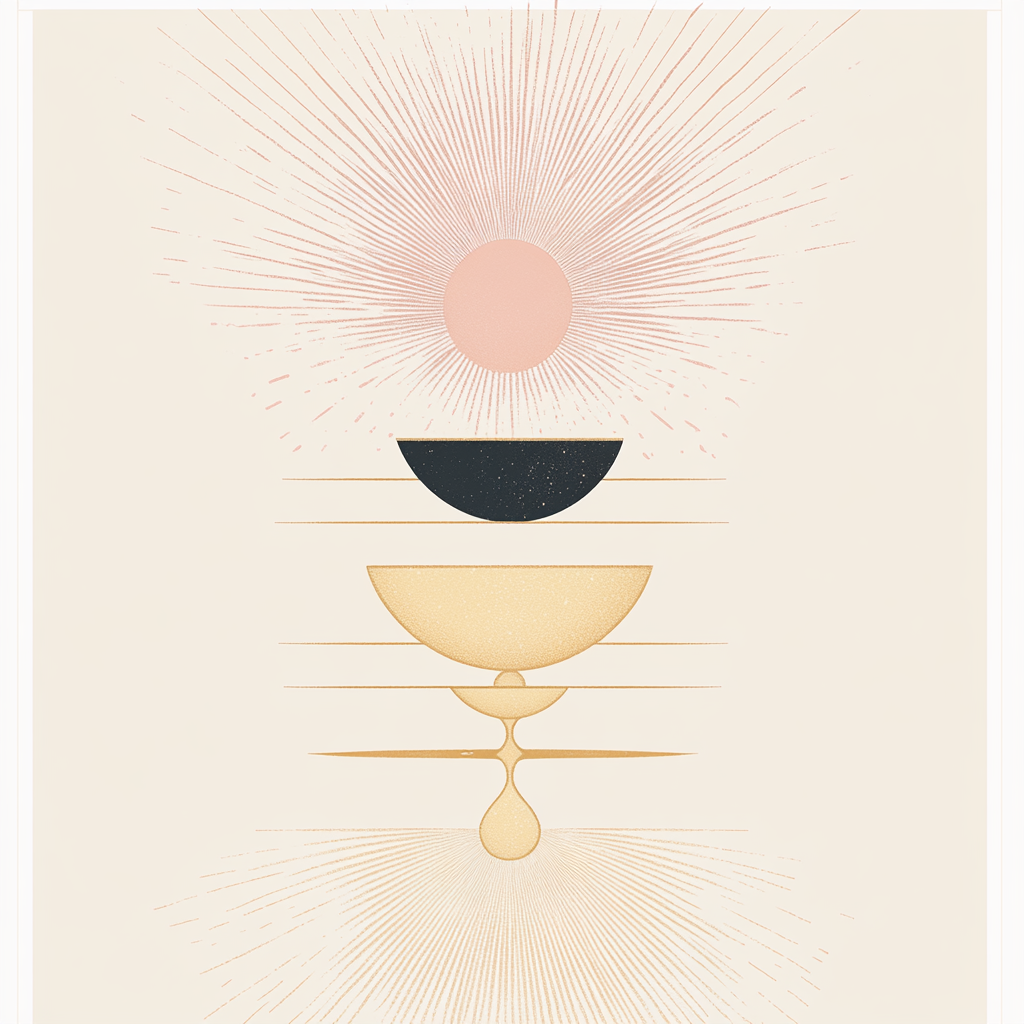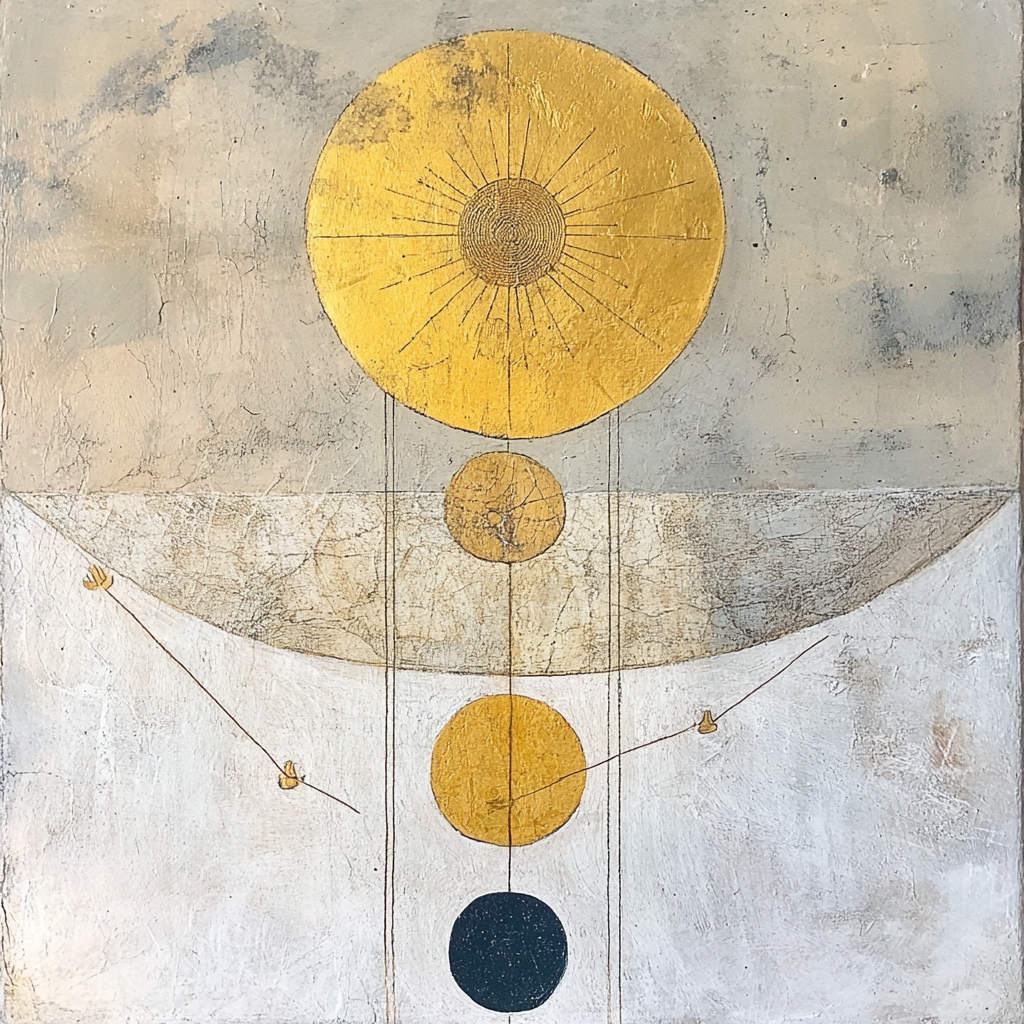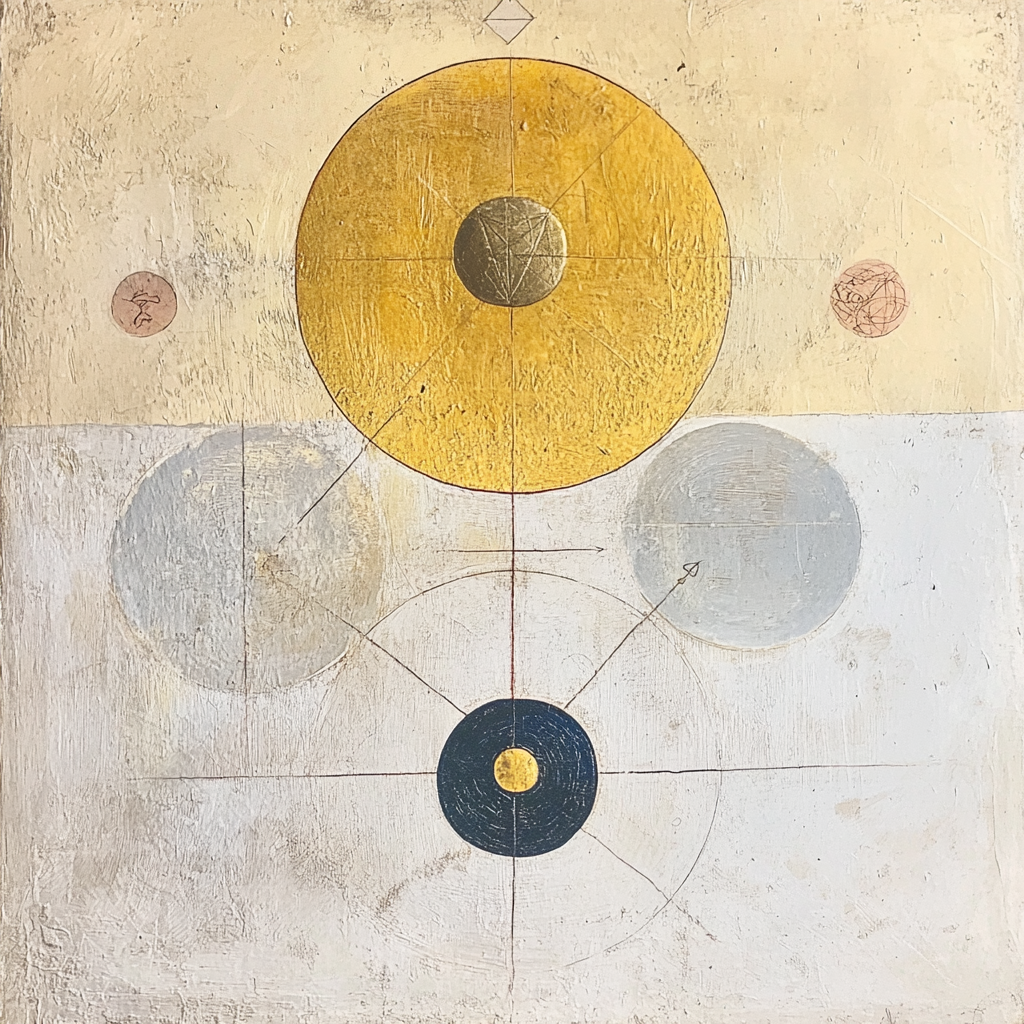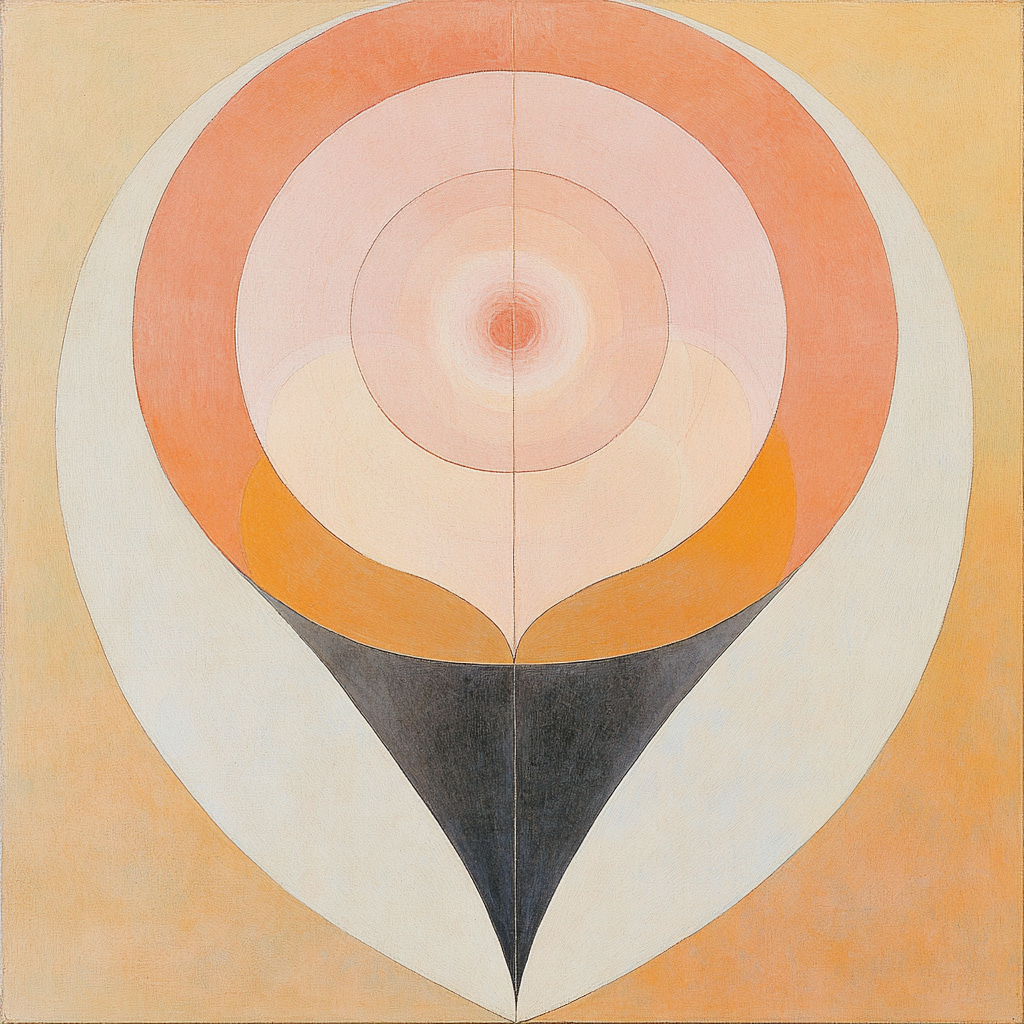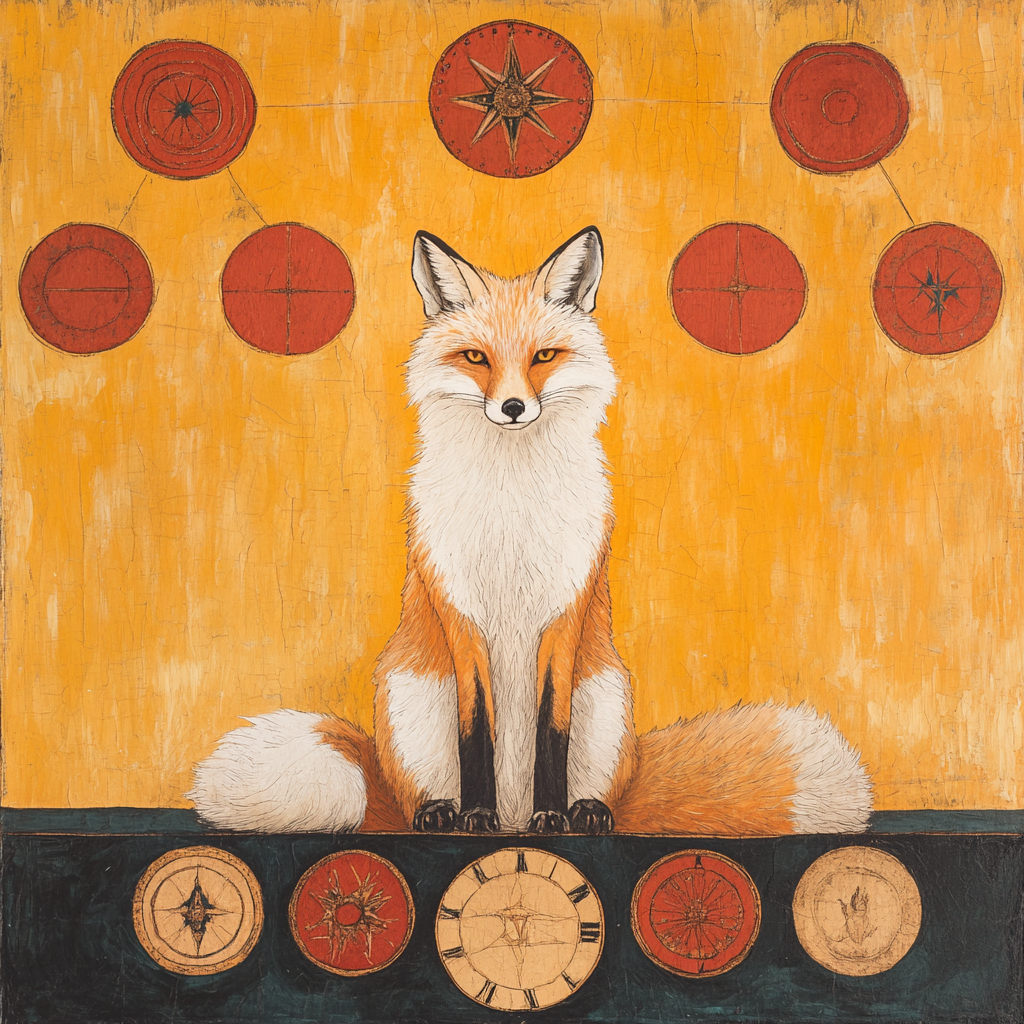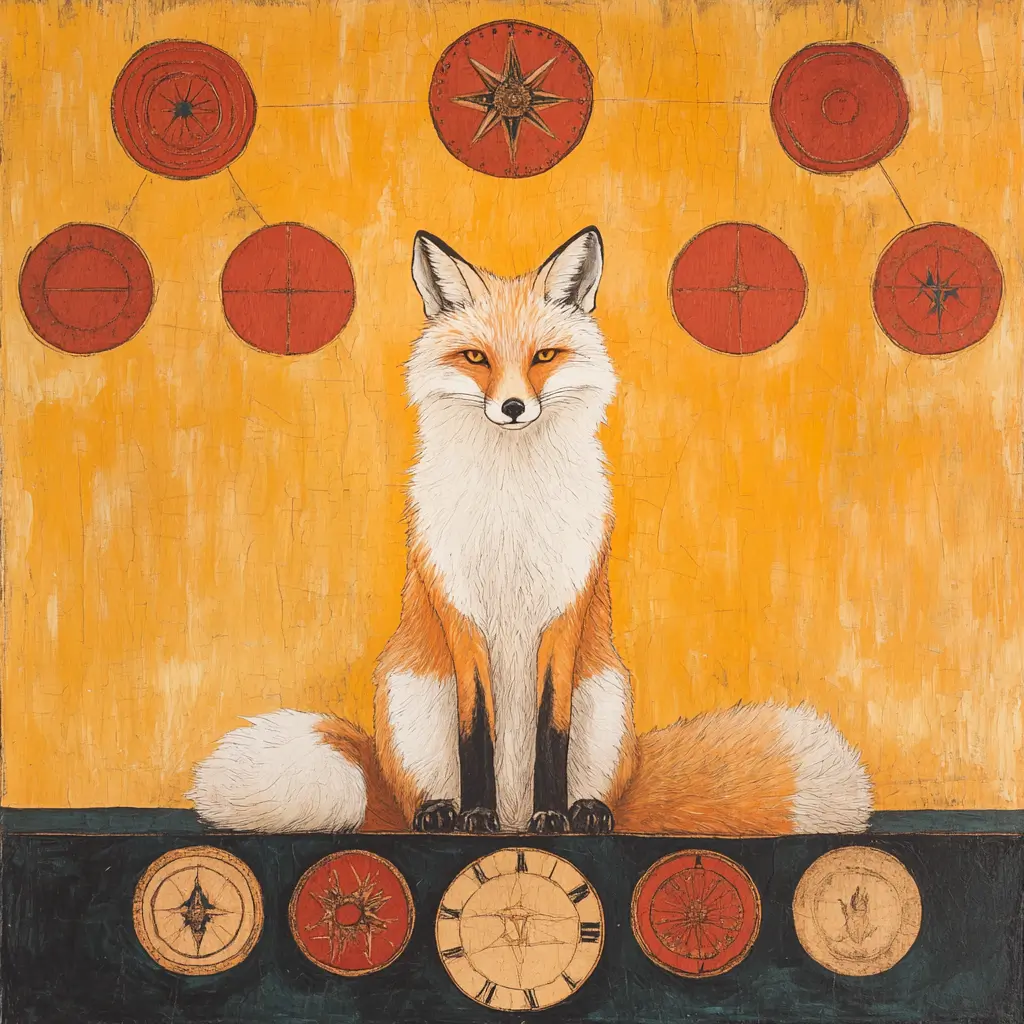Three of Swords Tarot meaning: Say Yes to pain and strong emotions
Tarot Card meaning 3 of Swords. The Three of Swords is a card deeply etched with the raw symbolism of heartbreak, insight, and healing, invites us into a space of self-reflection.
Tarot Card meaning 3 of Swords: Conduit for emotional intensity
As a conduit of emotional intensity, this card serves as a mirror to our inner world, urging us to face the shadows we often choose to ignore. Through the lens of Jungian psychology, the Three of Swords becomes a powerful tool for uncovering the unconscious patterns that dictate our emotional landscape.
Tarot Card meaning 3 of Swords: Emotional suffering
To understand this card’s essence, one must first acknowledge the pain it signifies. Often depicted in the Rider-Waite tarot deck as a heart pierced by three swords, suspended against a backdrop of stormy skies, this imagery is a stark representation of emotional suffering. It speaks to the universal experiences of loss, betrayal, and grief that are an inevitable part of the human condition.
Tarot Card meaning 3 of Swords: Growth and Transformation
However, within this pain lies an opportunity for growth and transformation, prompting us to delve into the depths of our psyche to unearth hidden truths and insights.
Tarot Card Meaning 3 of Swords: Potential for Healing
While the initial impression may be one of despair, the Three of Swords also symbolizes clarity and the potential for healing. In acknowledging our wounds, we allow ourselves the space to process and ultimately transcend them. This card encourages us to confront our emotional shadows, facilitating a journey towards self-awareness and personal growth. Through introspection and reflection, we can begin to unravel the narratives that hold us back, paving the way for a more authentic and fulfilling life.
Journal prompts for reflective work on Three of Swords
- What emotional wounds have I been avoiding, and how can I begin to heal them?
- In what ways have past heartbreaks shaped my current relationships and self-image?
- How do I handle conflict, and what can I learn from these experiences?
- What truths have I discovered in moments of emotional pain, and how have they contributed to my personal growth?
- How can I create space for healing and transformation in my life?
Three of Swords meaning reversed
Keywords: healing, release, recovery, forgiveness, reconciliation
A Simple and Free Tarot Journaling App?
❤️❤️❤️ Yes! ❤️❤️❤️
Sign up now for our Beta!
The Three of Swords, when reversed, can be seen as a beacon of hope amid turmoil. It suggests a process of mending and emotional recovery, moving away from the heartache traditionally associated with its upright position. This card invites you to explore the themes of forgiveness and letting go, paving the way for renewal and emotional healing. As you reflect on its meaning, consider how embracing compassion and understanding might transform your narrative of pain into one of liberation.
How does the Three of Swords tarot reversed guide emotional healing?
In its reversed position, the Three of Swords tarot card signals an opportunity for emotional healing. It beckons you to turn inward and identify the unresolved pain that still lingers in your psyche. By acknowledging these wounds, you can begin the journey of healing by forgiving yourself and others. Think about the areas in your life where you feel stuck emotionally. How can you use this card’s energy to release these blockages and invite tranquility into your life?
What does reconciliation look like with the Three of Swords reversed?
Reconciliation is a powerful theme when the Three of Swords is reversed. It encourages you to mend broken relationships and resolve past conflicts. This doesn’t always mean rekindling old connections, but it does suggest finding peace with the past. Consider what reconciliation means for you. Is it about making amends, or is it more about accepting things as they are? Reflect on how you can apply this understanding to various aspects of your life.
Can Three of Swords reversed indicate personal growth?
The reversed Three of Swords often points to personal growth and transformation. It is a sign that you are moving past old hurts and evolving into a stronger, more resilient version of yourself. This growth might manifest in subtle shifts in attitude or in more visible life changes. Ask yourself what growth looks like for you. How can overcoming past pain be a catalyst for developing new dimensions of your identity?
Does the Three of Swords tarot reversed suggest releasing negative patterns?
A reversed Three of Swords encourages you to let go of negative patterns and behaviours that no longer serve you. These might be thought patterns, emotional responses, or even habits that keep you tied to past pains. Reflect on the recurring themes or cycles in your life that you wish to break free from. What steps can you take to release these patterns? How can this card support your journey towards a healthier mindset?
Is Three of Swords reversed a yes or a no?
When considering whether the Three of Swords reversed signifies a yes or a no, the answer leans towards yes, but with a nuance. This card in reverse suggests a positive shift or resolution, often implying that the efforts you are making towards healing and reconciliation will be successful. However, it also cautions that the path to this “yes” requires introspection and action towards forgiveness and release. It’s a reminder that while the outcome is promising, the journey to get there involves conscious emotional work and growth.
Three of Swords in the context of love
Keywords: Heartbreak, emotional pain, betrayal, sorrow, healing
Navigating heartbreak: What does the Three of Swords reveal about your past relationships?
When you encounter the Three of Swords in a tarot reading, especially in the context of love, it often signals a time of emotional turmoil. This card, with its dramatic illustration of three swords piercing a heart, starkly embodies heartbreak and betrayal. Yet, in the spirit of Jungian psychology, it invites us to delve into our unconscious mind to uncover the roots of this pain. Have past experiences left wounds that still affect your present relationships? Reflecting on these patterns can be crucial for personal growth and healing.
Understanding emotional pain: How can embracing the Three of Swords aid in your self-discovery?
The Three of Swords tarot meaning is not just about recognising pain; it’s also about understanding it. It encourages introspection, prompting us to ask: what can this discomfort teach us about ourselves? Acknowledging emotional suffering in love can lead to profound revelations about our needs, boundaries, and desires. By embracing these insights, you can transform sorrow into a stepping stone for deeper self-awareness and emotional resilience.
The path to healing: How to transform sorrow into strength with the Three of Swords?
While the Three of Swords signifies pain, it also holds the promise of healing. In Jungian terms, engaging with the shadow aspects of our emotional experiences allows us to integrate them into our conscious self, ultimately fostering wholeness. Consider how acknowledging and processing your emotional wounds can pave the way for healing. What steps can you take to release past hurts and open your heart to new possibilities in love?
Releasing betrayal: Can the Three of Swords guide you in overcoming trust issues?
Trust is a fragile construct, easily shattered by betrayal, but the Three of Swords tarot meaning extends beyond despair. It serves as a reminder that betrayal, while painful, offers an opportunity to redefine and rebuild trust from a place of strength and understanding. Are there unresolved trust issues in your love life that need addressing? Reflecting on these can help in forging more authentic and secure connections in the future.
Embracing vulnerability: How does the Three of Swords encourage emotional openness in relationships?
The Three of Swords challenges us to confront vulnerability, an often uncomfortable yet essential element of love. It encourages us to lower our defences and embrace emotional openness, despite the risk of hurt. This openness can lead to richer, more fulfilling relationships. How can you cultivate vulnerability in your relationships to enhance emotional intimacy and connection?
In reflecting on the Three of Swords and its implications in love, we find that this card, though daunting, offers a powerful opportunity for introspection and growth. By confronting the emotional challenges it presents, we can embark on a journey towards healing, self-discovery, and ultimately, a more profound understanding of love.
Three of Swords in the context of family
Keywords: heartache, communication breakdown, resolution, understanding, healing
Recognising family heartache and its roots
In the tapestry of family dynamics, the Three of Swords often emerges as a powerful symbol of emotional turbulence and heartache. Its imagery, typically a heart pierced by three swords, speaks to the pain that can arise from conflicts, misunderstandings, or unmet expectations within familial relationships. When examining the Three of Swords tarot meaning within the context of family, we are invited to delve deeper into the reasons behind our emotional wounds. Are they rooted in communication breakdowns or perhaps in long-standing unresolved issues? By recognising the origins of our heartache, we open the door to potential healing and transformation.
Healing through confronting family shadows
Jungian psychology often speaks to the concept of the shadow—those parts of ourselves we hide away, often unconsciously. In the realm of family, the Three of Swords can point to these hidden aspects, encouraging us to confront them courageously. This confrontation is not about blame; rather, it is an invitation to bring light to the dark corners of family dynamics. What are the unspoken truths that linger in the shadows of our family ties? By addressing these head-on, we allow for the possibility of reconciliation and healing.
The power of communication in resolving family conflict
The Three of Swords also underscores the importance of open and honest communication as a path to resolution. In the context of family, learning to articulate feelings, even those that are painful, can be a transformative practice. How can we communicate our needs and grievances without causing further harm? The card suggests that through empathetic dialogue, we can begin to dismantle the barriers that the swords represent, paving the way for deeper understanding and connection.
Seeking empathy and understanding amidst family strife
Empathy and understanding are at the heart of resolving the discord symbolised by the Three of Swords. This card calls us to step into the shoes of family members, striving to understand their perspectives and experiences. How often do we truly listen to each other? Through this practice, we may find the compassion necessary to mend fractured bonds and create a supportive family environment.
Transforming family pain into growth and unity
Ultimately, the lesson of the Three of Swords in family matters is one of transformation. Although it begins with pain, it offers the potential for growth and unity. In what ways can the challenges we face within our family serve as catalysts for personal and collective growth? By embracing the lessons of the Three of Swords, we can move past heartache and towards a more harmonious family connection.
Three of Swords in the context of abundance
Keywords: heartbreak, clarity, transformation, inner wisdom, healing.
The Three of Swords is traditionally perceived as a harbinger of heartbreak and emotional turmoil. However, when seen through the lens of abundance, this card invites us to delve deeper into the wisdom borne from these trials. It encourages a reflective journey into the heart’s wounds, offering opportunities to transform pain into profound clarity and growth. The abundance aspect of the Three of Swords is less about material wealth and more about the richness of understanding and healing that comes from embracing our emotional landscapes.
What does abundance mean when facing emotional pain?
The Three of Swords, with its piercing imagery, often symbolizes a painful emotional experience. In the context of abundance, it prompts us to reflect on how these experiences can lead to a richer inner world. How do these challenges allow us to cultivate resilience and understanding? By confronting our shadows and acknowledging our wounds, we unlock a deeper form of abundance—an abundance of inner wisdom and strength.
How can the Three of Swords teach us about personal growth?
When you contemplate the Three of Swords tarot meaning, consider its role as a catalyst for personal transformation. Painful experiences can strip away illusions and offer raw insights into our authentic selves. In what ways can these insights fuel our journey of self-discovery and growth? This card challenges us to embrace discomfort as a path to self-realisation and abundant self-awareness.
Can heartache be a source of creative abundance?
The Three of Swords also invites us to view heartache as a wellspring of creativity. Amidst suffering, there lies an opportunity to channel emotions into creative expressions, thereby discovering an abundant source of inspiration. How can your own emotional journeys inspire you to create? Reflect on how past pains have shaped your current creative endeavours and how they continue to enrich your life with meaning.
In what ways can healing lead to abundance?
Healing from emotional wounds, as symbolized by the Three of Swords, brings a form of abundance that transcends material wealth. It offers the richness of peace and acceptance, creating space for new joys and experiences to enter our lives. How can embracing the healing process lead to a more abundant life? By nurturing our emotional well-being, we prepare fertile ground for future happiness and fulfillment.
How does clarity emerge from the Three of Swords?
The piercing clarity that emerges from the Three of Swords tarot meaning is another form of abundance. When we are honest with ourselves about our emotions, we gain clear insights into our true desires and life path. How does this newfound clarity influence your decisions and direction? Embrace the insights gained from past experiences as a guide towards a more abundant and purpose-driven life.
Through these reflections, the Three of Swords encourages us to see abundance not solely in external possessions but in the profound personal growth and understanding that arise from embracing life’s emotional challenges.
Three of Swords in the context of business
Keywords: conflict, heartbreak, clarity, communication breakdown, resolution.
The Three of Swords, with its image of three swords piercing a heart, often conjures a sense of sorrow. However, when examined through the lens of business, it becomes a powerful symbol for confronting conflicts and communicating openly. This card can highlight periods where miscommunications or discord may arise, urging a deeper introspection and resolution journey.
How does the Three of Swords define conflict resolution in business?
The presence of the Three of Swords in a business context challenges us to rethink our approach to conflict. Often, the heart of business disputes lies beneath the surface, embedded in unspoken tensions or misunderstood intentions. This card encourages you to dissect these layers, prompting questions about how open dialogue and honesty can heal and transform a workspace into one of mutual understanding and progress.
Can heartbreak in business lead to growth?
While the term “heartbreak” might seem more at home in personal relationships, the Three of Swords suggests that professional setbacks can be equally profound and transformative. It asks us to reflect on the emotional impact of business failures and whether these experiences can cultivate resilience and open the path to unexpected avenues of growth. Journaling about past business disappointments could illuminate how these moments have reshaped your professional identity.
What insights does the Three of Swords offer about clarity and communication?
In any business environment, clarity is crucial. The Three of Swords brings attention to the potential for communication breakdowns and the importance of clear, empathetic dialogue. Consider journaling about instances where communication faltered, exploring the underlying causes and learning opportunities. How might increased clarity improve your professional relationships and productivity?
How can the Three of Swords encourage healing in corporate culture?
Embracing the Three of Swords in business settings involves acknowledging existing wounds within corporate culture. This card invites introspection about the emotional and psychological well-being of teams. Reflect on how fostering an environment of emotional intelligence and support can address hidden grievances and promote a culture of healing and unity.
What role does the collective unconscious play in business dynamics?
The Three of Swords also serves as a reminder of Carl Jung’s concept of the collective unconscious, suggesting that our shared professional experiences are often influenced by deeper, archetypal patterns. By contemplating these subconscious influences, we can gain insights into recurring issues within business dynamics and harness this understanding for more profound, collective growth.
Exploring the “Three of Swords tarot meaning” in the business realm offers a unique perspective—one that not only focuses on overcoming adversity but also on the potential for significant transformation and healing.
Three of Swords in the context of personality
Keywords: Heartbreak, sorrow, intelligence, clarity, emotional maturity, resilience.
The Three of Swords is a card rich in symbolism and meaning, especially when considered through the lens of personality. This card often represents a deep emotional wound, yet also underscores the potential for growth and understanding that comes from such experiences. It invites us to explore how pain can lead to clarity and emotional maturity, urging us to reflect on the interplay between sorrow and wisdom.
How does the Three of Swords reflect emotional resilience?
The Three of Swords often signifies heartbreak or emotional pain, yet it also represents the resilience that can be developed through such experiences. When considering personality, this card asks us to examine how past hurts have shaped our current emotional landscape. By exploring these wounds, we can gain insight into our capacity for resilience and healing.
Can sorrow be a path to greater self-awareness?
In Jungian psychology, the shadow aspect of our personality often holds the key to deeper self-awareness. The Three of Swords invites us to confront our shadow by acknowledging the sorrow and grief we carry. This confrontation can lead to a greater understanding of ourselves and our place in the world, turning pain into a pathway for personal growth.
What clarity can emerge from emotional pain?
Despite its painful imagery, the Three of Swords tarot meaning often includes themes of clarity and insight. The card suggests that through the storm of emotions, we have the opportunity to gain a clearer perspective on our lives and relationships. By facing the truth of our experiences, we can emerge with a newfound understanding and direction.
How does the Three of Swords encourage emotional maturity?
The Three of Swords challenges us to move beyond immediate emotional reactions and towards a more mature understanding of our emotions. It asks us to consider how we process and express our feelings, urging us to grow beyond the initial pain and find a place of acceptance and wisdom. This journey reflects the broader theme of maturation within the realm of personality development.
Are we aligning our intelligence with our emotions?
At the intersection of heart and mind, the Three of Swords tarot meaning calls us to balance logic with emotion. This card encourages us to use our intellectual capacities to better understand our emotional experiences, fostering a harmonious relationship between the two. In doing so, we can navigate our inner world with more insight and grace.
Embracing the challenges represented by the Three of Swords can transform emotional suffering into a source of profound personal insight, leading to a more resilient, insightful, and mature self.
Three of Swords in the context of self-realization
Keywords: Heartbreak, betrayal, emotional release, shadow work, resilience, healing through understanding.
Embracing the shadow: What does heartbreak teach us?
The Three of Swords, traditionally seen as a card of sorrow and emotional turmoil, holds a deeper significance when viewed through the lens of self-realization. It invites introspection, urging us to face our inner wounds and uncover the teachings hidden within heartbreak. In Jungian terms, this card represents an encounter with our shadow—the parts of ourselves we often reject or overlook. By bravely confronting these aspects, we can begin the journey toward healing and personal growth.
How can betrayal lead to self-awareness?
Betrayal, though painful, can serve as a powerful catalyst for self-awareness. The Three of Swords prompts us to question our expectations and boundaries, encouraging us to reflect on how we allow others to impact our sense of self. Through this reflection, we gain insight into our vulnerabilities and can work to transform them into strengths. By understanding the role betrayal plays in our lives, we learn to cultivate resilience and wisdom.
The path to resilience: How do we heal through understanding?
Healing through understanding is a central theme in the journey of self-realization, as depicted by the Three of Swords. This card challenges us to move beyond mere emotional suffering and delve into the reasons behind our pain. By doing so, we not only mend our wounds but also develop a profound sense of empathy and compassion for ourselves and others. The act of understanding allows us to transform suffering into strength, paving the way for personal empowerment.
Releasing emotional pain: What role does forgiveness play?
Forgiveness, both self-directed and toward others, is a pivotal aspect of healing and self-realization. The Three of Swords encourages us to practice forgiveness as a means of releasing emotional pain and freeing ourselves from the burden of past grievances. This act of letting go fosters a renewed sense of peace and clarity, allowing us to embrace the present moment with an open heart and mind.
What can the Three of Swords teach us about transformative growth?
Transformative growth often arises from navigating through life’s most challenging experiences. The Three of Swords tarot meaning highlights the necessity of embracing these difficult moments as opportunities for profound change. By acknowledging and learning from our pain, we embark on a journey of self-discovery that ultimately leads to a more authentic and fulfilled version of ourselves. Through this process, we realise our true potential and the capacity for transformation inherent within us.
Symbolism found in Three of Swords
The symbolism of the Three of Swords is both striking and evocative, serving as a visual metaphor for emotional distress.
Symbolism: the Heart
In the Rider-Waite deck, the heart at the centre of the card is the quintessential symbol of love and vulnerability. The three swords that pierce it represent the piercing nature of harsh truths, the pain of separation, and the conflicts that arise from divided loyalties.
Symbolism: the Stormy Clouds
The stormy clouds in the background further enhance this narrative, symbolizing tumultuous emotions and the chaos that accompanies heartbreak.
Symbolism: the Rain
However, the rain depicted also signifies the cleansing and purifying process that follows emotional release. It is a reminder that through the storm, there is a possibility of growth and the emergence of a serene, clearer sky once the clouds have passed.
